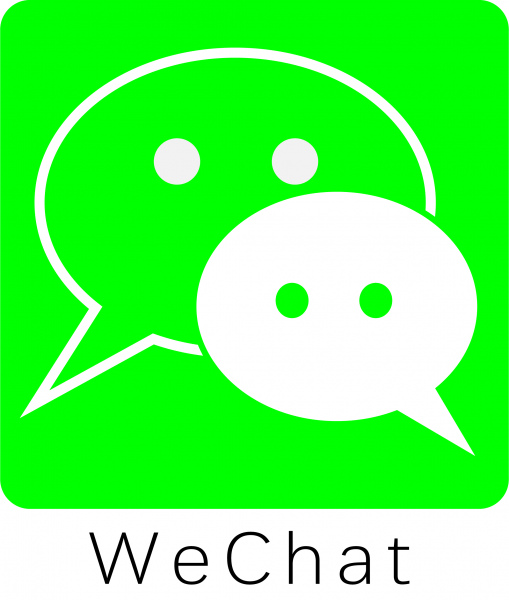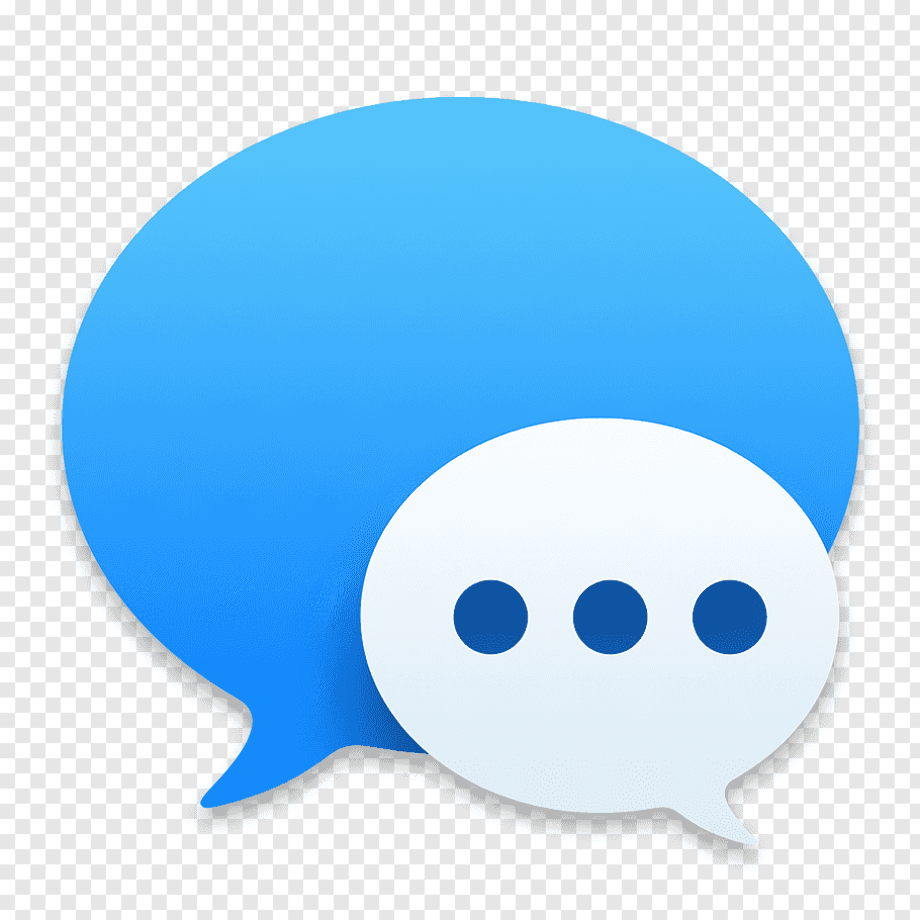

MoshangUSA is hardly the only Chinese American account to be targeted. Meanwhile, Liu was repeatedly harassed, and even doxed by some combination of state-backed and independently-acting nationalist users. Dozens of articles were disqualified before publication, and over 40 were removed after publication.

Posts that undermined the Party’s narrative-by, for example, not taking a pro-China stance on the U.S.-China trade war or Covid-19, or by exploring the positive aspects of immigrants’ experience in the United States- were taken down. This narrative, which is propagated over and over again in China through television, movies, social and print media, print media, and even posters on the subway and construction sites, emphasizes the Party’s almost messianic role in restoring China’s glory after a long period of humiliation (and the concomitant demise of the Western powers that caused it).Įven though Liu intentionally self-censored many topics, MoshangUSA was suspended from WeChat first for two weeks, and then for six months. It garnered over 250,000 followers and millions of monthly views.īut promoting a positive understanding of life in the United States-and its democracy and freedoms-challenges the Chinese Communist Party’s narrative about the country. MoshangUSA became one of the largest outlets on social media focused on social, cultural, and political issues among first-generation Chinese immigrants in the United States. Liu’s aim was to tell “the truth of real American life to Chinese immigrants in the and worldwide,” as she told me, and she worked countless hours over three years to build her WeChat account. from University of North Carolina at Chapel Hill, started a public WeChat account, MoshangUSA, in the spring of 2018. Lydia (Yang) Liu, a Chinese immigrant with a Ph.D. Alternatively, WeChat can completely block specific content released by a user without the user’s knowledge users would only know by monitoring the responses (or lack of them, in this case).įor those who come directly under the eye of WeChat’s controls, the damage is even more direct. A more severe form of censorship is to completely block access, meaning that the user cannot even log into their account while this occurs more frequently in China, it does happen in the United States. Those who post information that challenges these narratives face a range of possible consequences, including banishment from the app, as happened to several users who shared images of last year’s pro-democracy demonstrations, and imprisonment, which can happen for sharing as little as one wrong post.īut even using WeChat outside of China-beyond the immediate reach of the authorities-is a fraught experience.įor example, the most common way for WeChat to censor users in the United States is to block access to the account from China or for anyone using a Chinese phone number for their account, meaning that even though a censored person can log in and access the app’s various functions, very few people can see that person’s texts or moments. Algorithms are adjusted to promote the Party’s narratives and demote or censor information that runs against it. User activity is tracked, analyzed, censored, and handed over to the Chinese government in line with Party mandates, making it a prominent part of the party-state’s mass surveillance network in China. WeChat’s popularity makes it a key part of the Chinese Communist Party’s (CCP) surveillance and censorship apparatus. In a sense, it is not just an app but an add-on operating system for smartphone communications in Chinese. And once adopted, WeChat is far more all-encompassing for its users than TikTok or any comparable U.S.

This has driven an explosion in WeChat-based media targeting the audience. WeChat’s widespread use among Chinese-speaking Americans makes it an important source of news for the United States-based Chinese diaspora, including international students, first-generation Chinese Americans, and others. Released by Tencent in 2011, it is the largest standalone app in the world, with over 1 billion monthly active users. This is WeChat-an immensely popular app in China and Chinese-speaking communities around the world because of its wide range of functions, including texting, calling, video conferencing, playing video games, shopping, paying bills, sending money to friends, creating information feeds for friends, and reading news. Imagine a fusion of WhatsApp, Twitter, Facebook, Instagram, and PayPal.
#WECHAT LOGO FREE#
WeChat is China’s “ app for everything,” but as some Chinese Americans have found out, “everything” does not include free cultural or political discourse. freedom is from another Chinese-owned app-one with a much broader reach into the wallets and conversations of both Chinese and Chinese Americans. teenagers-and TikTok has captured the regulatory attention of the U.S. TikTok dances have captured the attention of countless U.S.


 0 kommentar(er)
0 kommentar(er)
